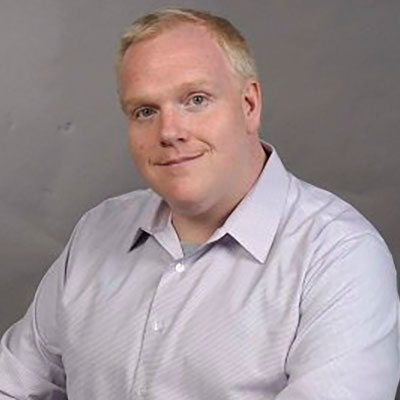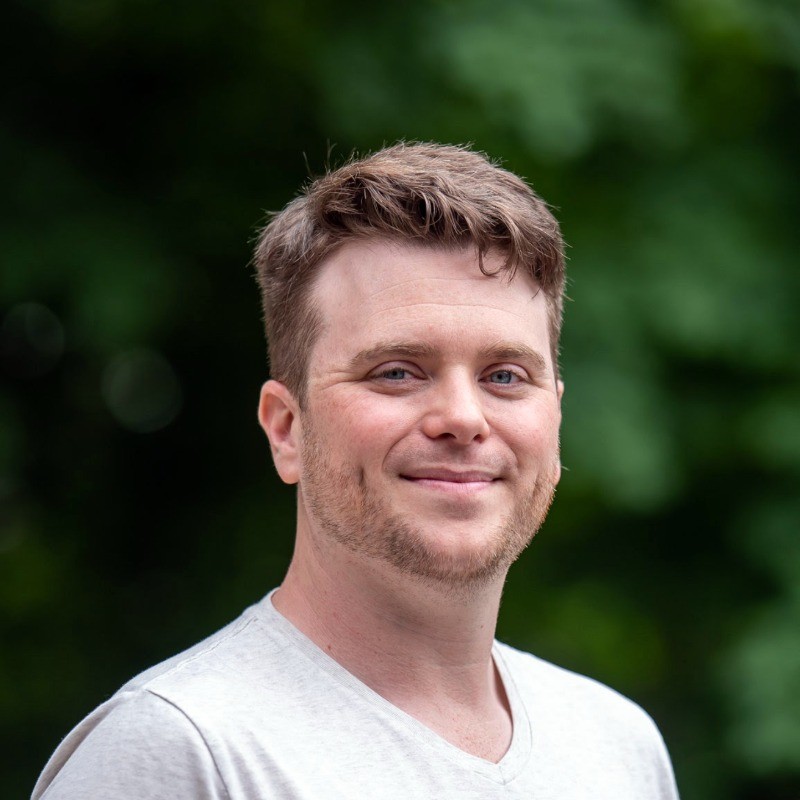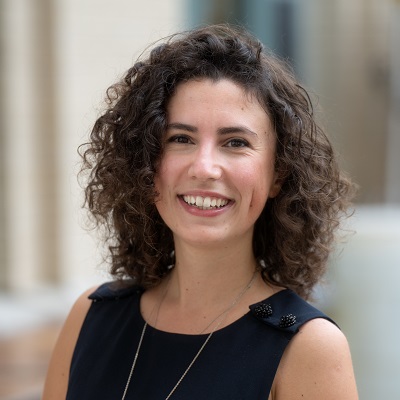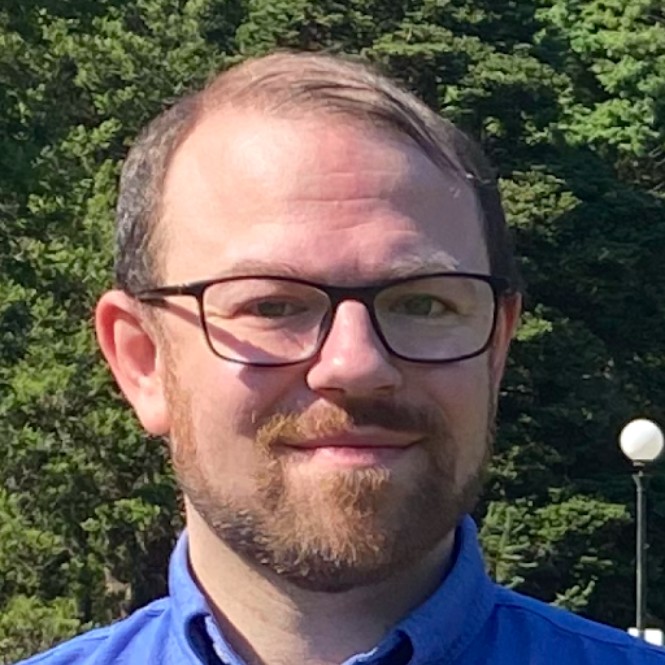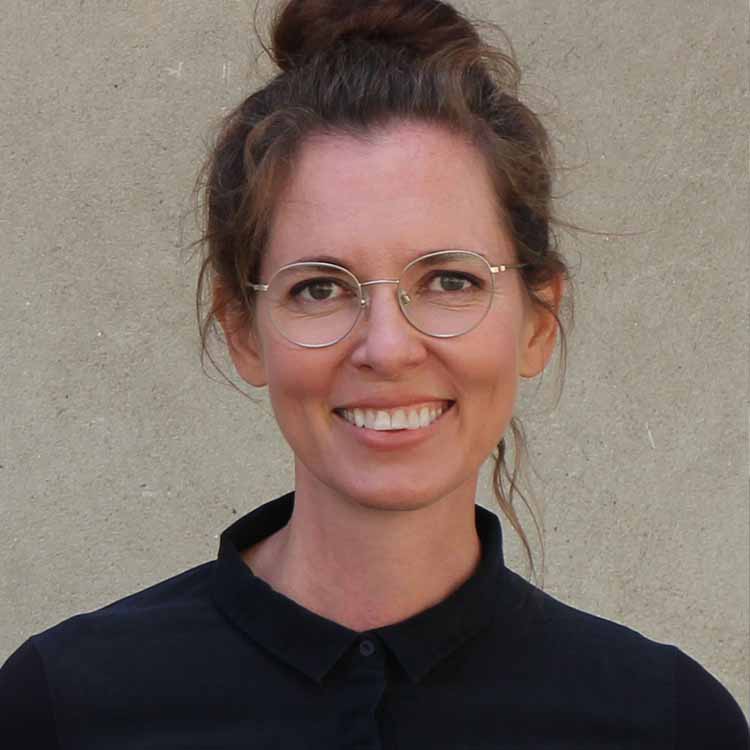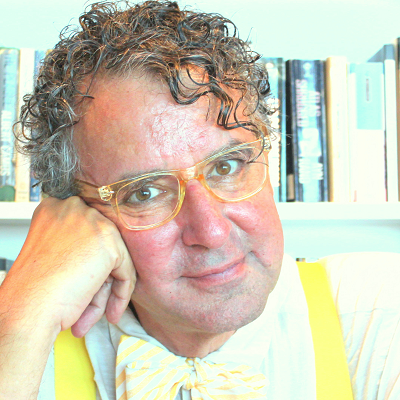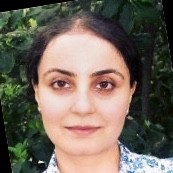Readability Workshop 2: Inclusive Metrics and Design
VSS 2025




Bridging science and accessibility for better digital readability
Building on the success of last year’s workshop, titled “The Vision Science of Digital Readability: Community-Building Workshop” (see the website here). which garnered overwhelming interest with standing-room-only attendance, we aim to create a more focused and attendee-oriented event this year. Last year’s workshop served as an introduction, bringing together the community to discuss the emerging field of digital readability, its opportunities, and challenges.
Workshop details
Readability Workshop 2: Inclusive Metrics and Design is a collaborative workshop on digital readability will be held at the 2025 annual meeting of the Vision Sciences Society (VSS). VSS is a prestigious conference that brings together experts from diverse fields who are interested in advancing vision research.
- Name: Readability Workshop 2: Inclusive Metrics and Design
- Date: Monday, May 19, 2025, 2:30 – 5:30 pm
- Location: Blue Heron room, TradeWinds Island Resorts in St. Pete Beach, Florida
Workshop goals
This year, we seek to build on the momentum by fostering deeper interdisciplinary collaborations and advancing our collective understanding of key issues in the field. We will focus on two critical themes that emerged from last year’s discussions:
Metrics.
Defining Realistic Goals: We aim to establish clear evidence-based optimization goals that include preference, comfort, retention, and speed. Expanding beyond traditional metrics such as reading speed, we can focus on measures like practical accuracy and usability in diverse applications, ensuring readability meets its functional demands.
Advancing Experimental Tools: Equally critical is the development of advanced psychophysical and behavioral tools to quantify readability. These tools should be designed for experimental rigor, enabling the assessment of readability in both controlled lab settings and ecologically valid contexts, such as AR/VR environments and daily use. Leveraging the expertise of the vision science community, we aim to identify gaps and develop robust experimental paradigms.
Inclusivity.
Adaptive and Individualized Text Design for Low Vision and Diverse Groups: Enhancing readability requires identifying and optimizing text characteristics for individuals with low vision and other specific needs. Instead of a one-size-fits-all approach, the focus should be on flexible, adaptable designs that consider individual preferences and factors like age, accessibility, and demographics. Tailored text solutions can address the unique challenges faced by diverse reading populations, ensuring greater accessibility and comfort.
Underrepresented Languages: We must prioritize research and design efforts for widely spoken but digitally underrepresented languages, ensuring that fonts and digital readability solutions are inclusive and accessible to all linguistic groups.
Pre-Workshop Activities
Group Assignment:
Pre-Workshop Discussions:
